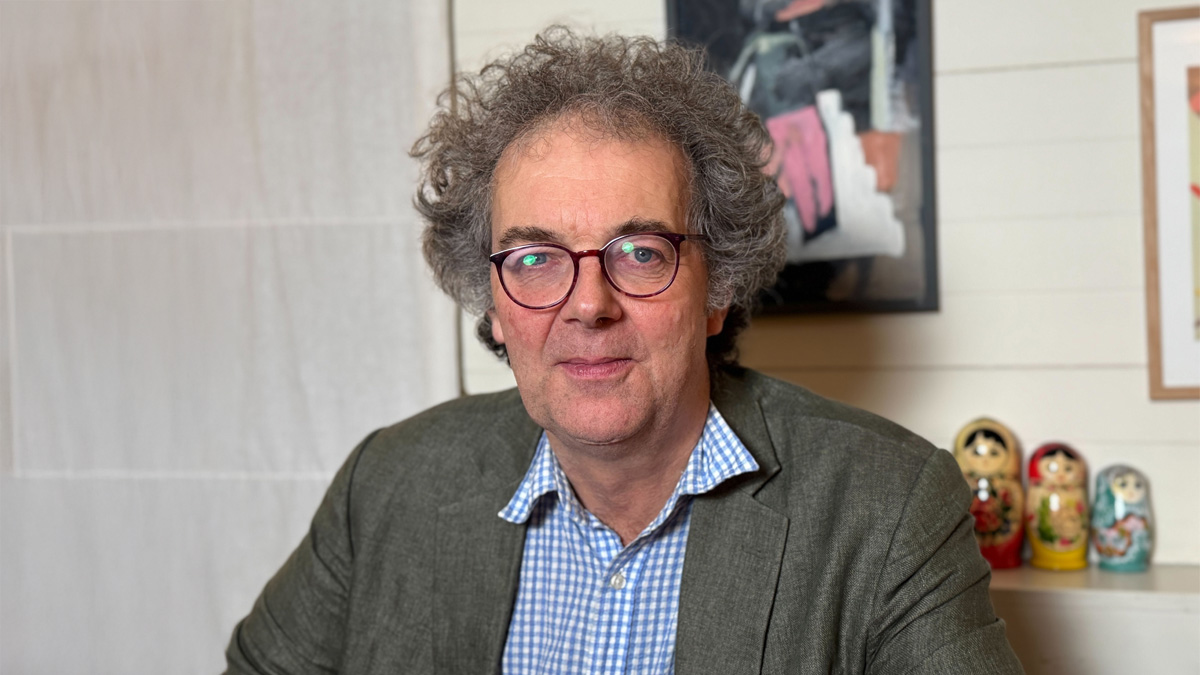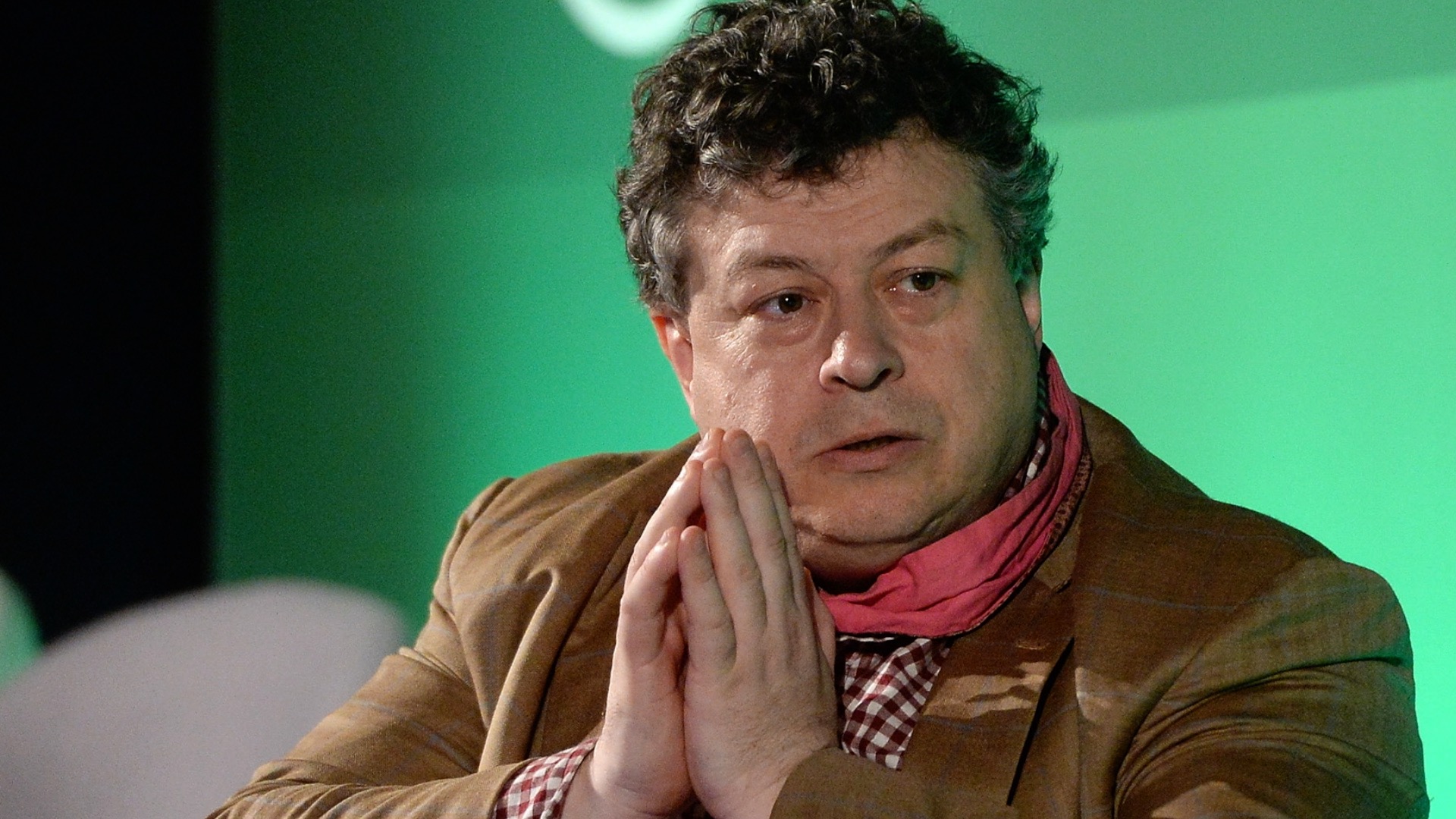He leads a US tech firm valued at close to $8bn, but Sanjay Poonen puts his success down to a major career setback. Poonen is CEO of US cybersecurity and AI company Cohesity, based in Silicon Valley.
He grew up in Bangalore, India, but a scholarship to Dartmouth College in the US to study computer science brought him to the US. On graduation, he rose up the ranks of a Who’s Who of Silicon Valley tech companies, including Microsoft, Apple, Symantec, SAP and VMware.
It was while he was vice president of marketing at Informatica that he suffered his first major career setback – he was fired.
“The CEO, one fine day decided he was done,” recalls Poonen. “He wanted to move on to somebody else. I thought I was doing pretty well, but it didn’t matter what I thought. The CEO wanted someone else and that’s his prerogative. I was fired - it was rejection.”
The incident was tough to take but he had six months to process it before finding a new job. In that time, he did a lot of reflection and Poonen says this has ultimately made him a better, more mature and compassionate leader.
It made him appreciate the constants in his life, including family, friends and faith. It also made him change his philosophy to hiring when he became a CEO.
“A lot of people roll out the red carpet when new employees join,” says Poonen. “Well, you’ve got to be equally good at treating them well and rolling out the red carpet when they leave.”
You should always aspire to hire people who have the potential to be your boss, he says, and don’t forget ‘boomerang employees’ may end up returning in the future. For all these reasons, it’s important to part on good terms.
Related and recommended

Spells of rare sporting brilliance show that finding intense concentration relies on achieving balance in your life

Rohan Blacker looks back at his time with e-commerce pioneer Sofa.com and explains the thinking behind his latest online furniture project

Rory Sutherland is one of the UK’s best-known marketing thinkers. He sets out why businesses should rethink how they value marketing, from direct mail to call centres and customer kindness

Leaders must realise the tech revolution can achieve its full potential only when human values remain central to change

